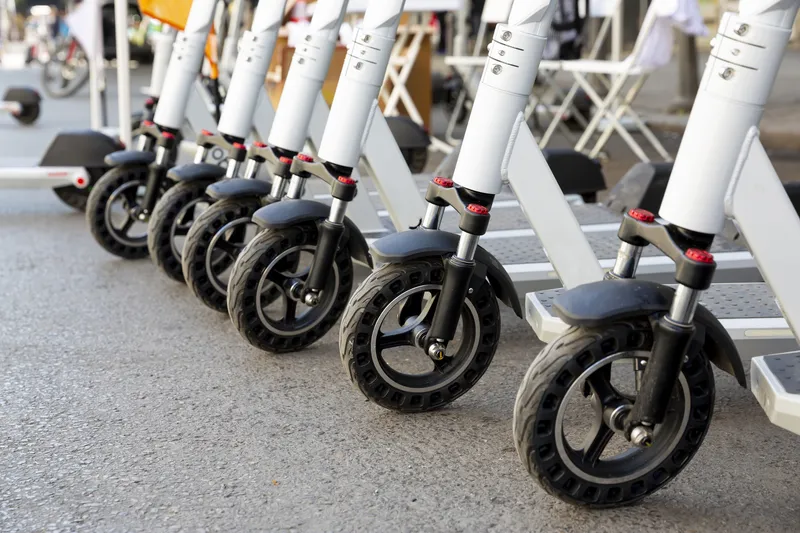
It is an attempt to solve one of the biggest bugbears surrounding the deployment of scooters and dockless bikes – the issue of what happens when users abandon or abuse the vehicles.
Bird says the app’s new ‘Community Mode’ will improve parking and safety in the cities where it operates, such as Portland and Salt Lake City. The company will use reports to reposition poorly parked e-scooters and make sure damaged models are no longer available for riding. Also, the company will notify mechanics to remove the damaged vehicles from the road to be repaired. Travis VanderZanden, CEO of Bird, says the company wants to work with communities to help alleviate problems associated with congestion and carbon emissions.
“Community Mode gives any individual the power to engage with Bird in real time so that we can work together on making our streets safer and people-friendly,” VanderZanden adds.










